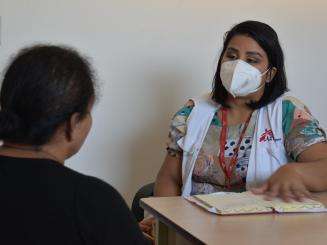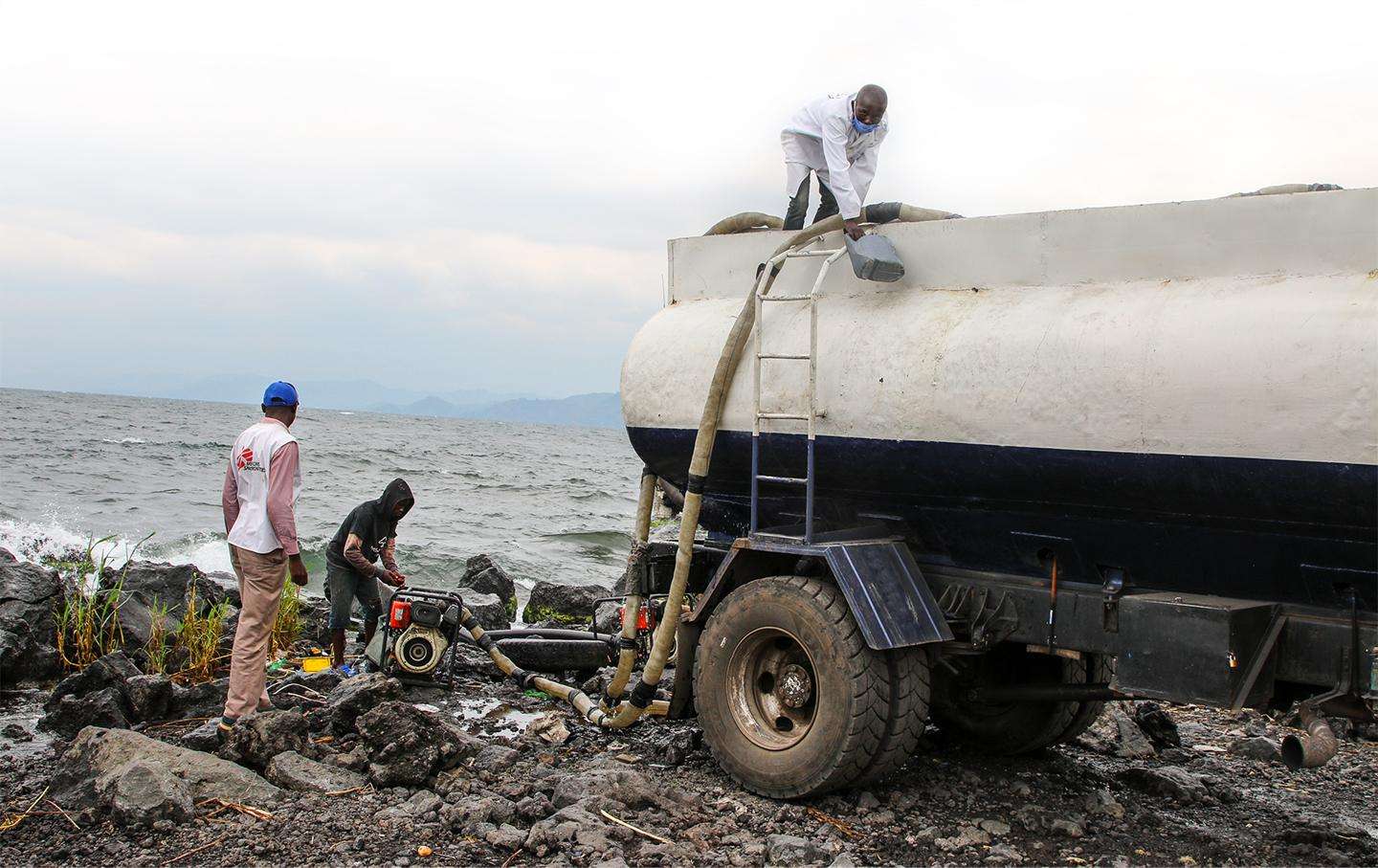Surging conflict in Haiti disrupts health care system
story May 03, 2024
Get the latest news, stories, videos, and more from our medical humanitarian projects around the world.
Speaking out about the emergencies our staff and patients witness is part of who we are. Explore our history and principles.
News | Mar 10, 2023
For many years, Honduras was the only country in Latin America with a blanket ban on the "morning after pill."
Read More
Story | Mar 07, 2023
“Taking care of myself is priceless.”
Read More
Alert Newsletter | Jul 31, 2018
Helping women and girls survive in emergencies
Read More

Your unrestricted gifts enable us to provide lifesaving medical humanitarian care on the ground and speak out about what we see.